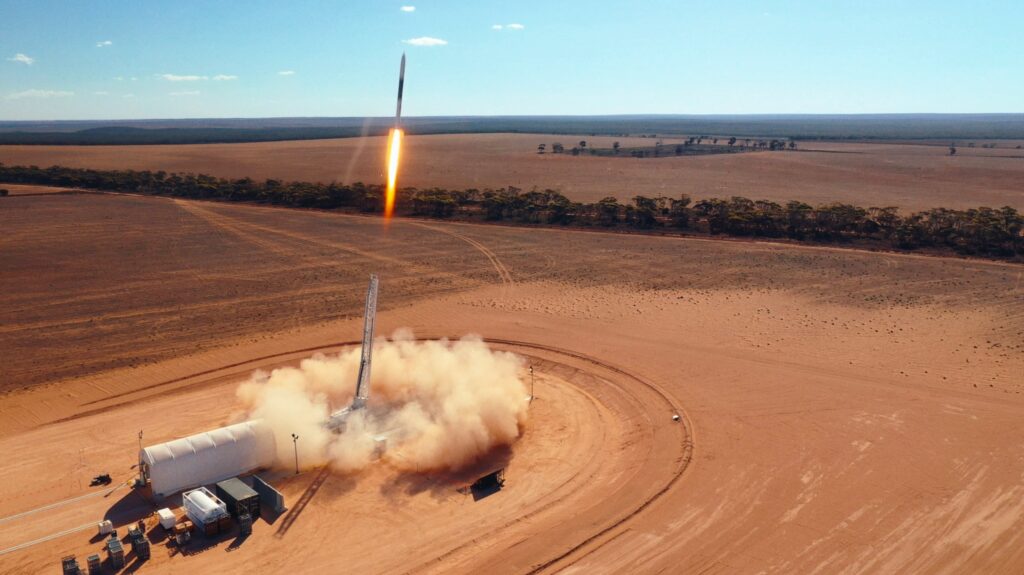The government-owned company is on course to stop the decline of nature activities by next year.
More recently, a pledge was made to deliver at least 10% biodiversity net gain on its major project by 2030.
A number of schemes are already underway, with £20,000 of funding approved for the M25’s Junction 20 works, delivered by National Highways and Balfour Beatty’s landscape team.
Focusing on Bolder Mere Lake, close to Ockham, Surrey, a major replanting initiative will will see seeds taken wildflower rich locations in the area, nurtured in Salix nursery, near Thetford, Norfolk, reintroduced to the site.
‘Our commitment to enhancing biodiversity is part of our mission at National Highways. The partnership with Balfour Beatty and the Salix nursery exemplifies how collaborative efforts can lead to significant environmental improvements,’ said Jonathan Wade, senior project manager at National Highways on the M25 scheme.
‘By focusing on initiatives like the replanting scheme at Bolder Mere Lake, we are not only restoring natural habitats but also ensuring that these ecosystems thrive for future generations,’ he continued.
Hay cutting and conservation grazing will be used to kickstart the restoration process. Scrub will also be created, which will encourage a number of native species to return to the area. Technical advisors from Arcadis have also been involved in co-designing the solution.
‘At Balfour Beatty, our work goes beyond the traditional focus of road investment and beyond operating, maintaining and improving roads,’ added Kate Mann, Balfour Beatty’s Environmental Sustainability Mansion. ‘This partnership is a powerful reminder of how we can work collaboratively together and for our stakeholders and partners to deliver biodiversity projects that support and enhance the environment.
‘It is great to be helping biodiversity across this important site and be part of this ambition to protect unforgettable places forever,’ she continued. ‘Our project team continues to work tirelessly to restore and create these special habitats. Home to butterflies, adders, skylarks and Greater Horseshoe bats, these new habitats will help reverse the decline in these species and keep these wonderful grasslands full of life for generations to come.’
Image: National Highways
More on net zero and climate change:
Otters capture enough CO2 to fly New York-Paris 1.2million times
6million Britons at risk from heat and lack of climate protections
WATCH: Marine Conservation Society ‘Marine Values’ documentary series

















